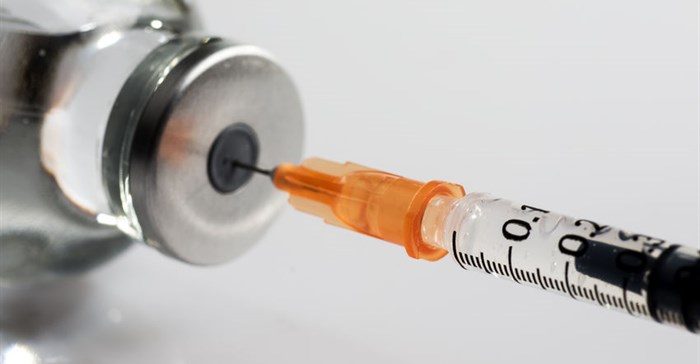WHO revises yellow fever dosages

Global emergency stocks of just 6m yellow fever vaccines have been strained by the current outbreak, which began in Angola and has now spread to neighbouring DRC.
To reach as many people as possible with the limited supply of vaccines, the World Health Organisation (WHO) has started recommending the use of partial doses."Studies done in adults show that fractional dosing using one fifth of the regular dose provides effective immunity against yellow fever for at least 12 months and possibly much longer," WHO spokesperson, Tarik Jašarević said.
The WHO began recommending that fractional doses could be used as an emergency measure in June 2016, ensuring additional doses would be available for mass vaccination campaigns in Angola and the DRC.
It has also recently changed its recommendations for those who have already been immunised with a complete dose of the yellow fever vaccine."We know now that a single complete dose provides lifelong protection," he said.
"There is a global shortage and yellow fever vaccines take quite a long time to produce and I think there are only five outlets in the world that manufacture the vaccine," said Heather Kerr of Save the Children.
The change in recommendation happened on 11 July 2016, but also applies retrospectively to those already carrying certificates of immunisation required for travel.
"This lifetime validity of these certificates applies automatically to certificates issued after 11 July 2016, as well as certificates already issued," said Jašarević.
The new measures will potentially mean that more doses are available for mass vaccination campaigns such as the one the DRC government began in Kinshasa recently.
























